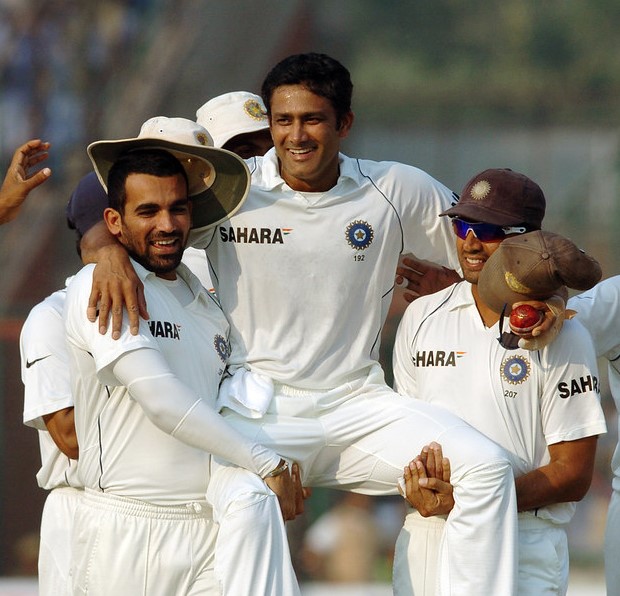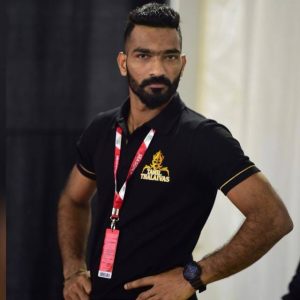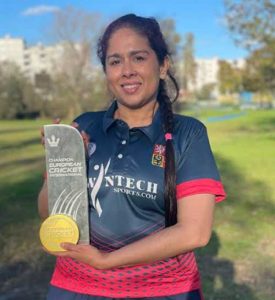
Anil Kumble being lifted by fellow players as he declared his retirement from International Cricket during the last day of the 3rd Cricket Test match between India & Australia at Ferozeshah Kotla Stadium in New Delhi on November 2, 2008.
Kumble was born to a family in Bangalore, Karnataka to Krishna Swamy and Saroja who both hail from Kumbla near Kasaragod, Kerala. Kumble has a brother named Dinesh Kumble. He is married to Chetana Kumble and has three children – son Mayas Kumble and daughters Aaruni and Svasti Kumble. His mother tongue is Kannada.
Kumble did his primary schooling in Holy Saint English School and he completed his Class X from National High School Basavanagudi. He began playing cricket on the streets of Bangalore and joined a club called “Young Cricketers” at the age of 13. After high school, he completed his Class XII from National Pre-University College Basavanagudi. Kumble later graduated from Rashtriya Vidyalaya College of Engineering (RVCE) in B.E Mechanical Engineering in 1991–92. He is nicknamed “Jumbo” not only because his deliveries, for a spinner, are “as fast as a jumbo jet”, but also because his feet are quite big or “Jumbo” as observed by his teammates. Kumble is a vegetarian.
Born on 17 October 1970, he is a former Indian cricket captain, coach, and commentator who played Test and One Day International cricket for his national team over an international career of 18 years. Widely regarded as one of the best leg-spin bowlers in Test Cricket History, he took 619 wickets in Test cricket and is the fourth-highest wicket-taker of all time as of 2022. In 1999 while playing against Pakistan, Kumble dismissed all ten batsmen in a Test match innings, joining England’s Jim Laker as the second player to achieve the feat. Unlike his contemporaries, Kumble was not a big turner of the ball but relied primarily on pace, bounce, and accuracy. Kumble was selected as the Cricketer of the Year in 1993 Indian Cricket, and one of the Wisden Cricketers of the Year three years later.
Kumble developed an early interest in cricket as he grew up watching players like B. S. Chandrasekhar before becoming a full-fledged cricketer. He made his First-class debut at the age of 19 while representing Karnataka. Soon he was picked up for the Austral-Asia Cup in 1990 before making his Test debut against England later that year. Since then he has represented the Indian Test team in more than 132 Test matches and was responsible for many of India’s victories. Kumble became a part of the regular ODI team during the early 1990s and held some of the best performances during this time; which included his six for 12 (six wickets for 12 runs) against the West Indies. The year 1996 proved to be very successful for him as he was selected for the World Cup and emerged as the most successful bowler of the tournament; he played seven matches and captured 15 wickets at an average of 18.73.
Kumble was awarded the Padma Shri, India’s fourth-highest civilian honor in 2005. After having played for 18 years, he announced his retirement from international cricket in November 2008. In October 2012, Kumble was appointed the chairman of the International Cricket Council (ICC)’s cricket committee.
Between 2012 and 2015, Kumble held positions as a chief mentor for the teams Royal Challengers Bangalore and Mumbai Indians in the Indian Premier League. He was also a former head coach of the Indian cricket team as well. In February 2015, he became the fourth Indian cricketer to be inducted into the ICC Hall of Fame. Kumble is currently the Head Coach and the Director of Cricket Operations of Punjab Kings.



